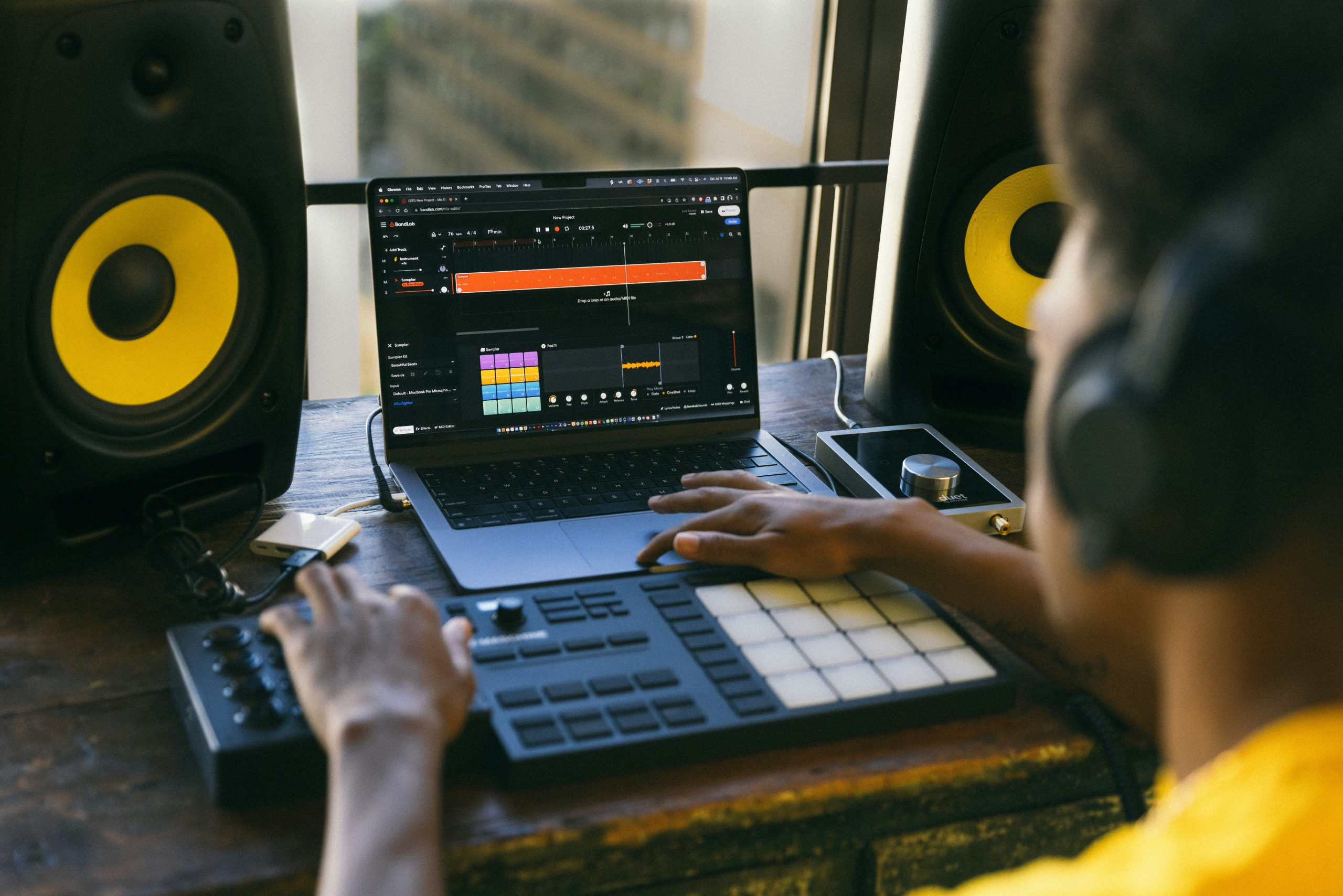Copyright Infringement in the Streaming Age
Welcome to the streaming age, where content is at our fingertips and binge-watching is the norm. With the rise of streaming platforms such as Netflix, Hulu, and Amazon Prime, consumers have access to a vast library of movies, TV shows, and music. While this convenience has made our lives easier, it has also brought about various issues in the world of copyright. Copyright infringement, which was once primarily associated with illegal downloads and piracy, has now become a major concern in the streaming industry. In this article, we’ll dive into the world of copyright infringement in the streaming age, exploring its impact on both creators and consumers.
The Rise of Streaming and Copyright Laws
Before the streaming age, consumers had limited options when it came to accessing media. They had to purchase physical copies of movies, TV shows, and music, which were often expensive. Now, with the click of a button, consumers can access a vast amount of content through streaming services. This shift in consumption habits has brought about new challenges for copyright laws.
According to the World Intellectual Property Organization, copyright is defined as “the legal right to control the use and distribution of certain works, such as literary or artistic creations.” In simpler terms, it gives creators the exclusive right to profit from their work and protect it from being used without their permission.
Streaming services obtain licenses from content creators to stream their works legally. However, with the vast amount of content being streamed, it’s easy for copyrighted material to slip through the cracks. This has led to an increase in copyright infringement cases in the streaming industry.
The Impact on Creators
Copyright infringement in the streaming age has a significant impact on creators, particularly independent artists. With streaming services paying a fraction of a penny per stream, royalties are already low. The illegal streaming of their content further reduces their income and can even force them to shut down their business.
Another issue is the lack of control over where and how their content is being streamed. Creators have little say over what platforms their work is available on or how much their content is being sold for. Pirates can also upload their content to different streaming sites, making it nearly impossible for creators to track and receive proper compensation for their work.
Furthermore, the increase in copyright infringement has led to a decrease in revenue for the film and music industries. It’s estimated that the entertainment industry loses billions of dollars every year due to illegal streams and downloads.
The Impact on Consumers
While some may argue that illegal streaming benefits consumers by providing free content, it also has its downsides. Unauthorized streaming sites are often riddled with viruses and malware, putting the user’s device at risk. Moreover, consumers may unknowingly support piracy, which can harm the artists they enjoy and result in a decrease in quality content.
With the rise of streaming services, the access to content has also become more restricted. Some streaming platforms only offer region-specific content, limiting what consumers can watch. This has led to an increase in the use of Virtual Private Networks (VPN) to bypass these restrictions, which is also considered copyright infringement.
Ways to Combat Copyright Infringement
While it may seem like an uphill battle, there are ways to prevent or reduce copyright infringement in the streaming age.
1. Educate Consumers
Many consumers are not aware that streaming copyrighted content without proper authorization is illegal. By educating them on the consequences and impact of piracy, they may be more mindful of their streaming habits.
2. Increase Digital Protection
Streaming services should implement better security measures to prevent their content from being pirated. This can include streaming encrypted content, implementing stricter copyright policies, and using digital watermarks to track unauthorized streams.
3. Strengthen Copyright Laws
The laws surrounding copyright infringement in the streaming age need to be updated and strengthened to protect creators. This can include stricter penalties for those caught pirating content or distributing unauthorized streams.
In Conclusion
Copyright infringement in the streaming age is a complex issue that requires the collaboration of various parties to combat. Creators, streaming services, and consumers all have a responsibility to protect the intellectual property of content creators. By educating ourselves and supporting legal streaming options, we can help reduce the negative impact of copyright infringement and ensure the sustainability of the entertainment industry.










